According to Professor, Dr. Dao Manh Hung, Chairman of the Vietnam Tourism Training Association, practical training is the “key” to improving the quality of human resources. Also the Principal of Imperial International Hotel Management School (IIHC) - a pioneer in Vietnam applying the “hotel school” model - school within a hotel, Mr. Hung said that this model is a promising solution for students to be exposed to the real working environment right from the first days of study. The program at IIHC clearly stipulates that 30% of the time is theory, and 70% is practice right at the operating hotel, under the guidance of experienced leading experts.
Notably, the school's teaching is 100% conducted in English, so there is strict control over the admission process as well as a commitment to the quality of the output. In addition to the diploma granted by the school, graduates also receive a diploma from the NCFE (UK), which has transfer value and global employment opportunities. Professor, Dr. Dao Manh Hung hopes that this model can be replicated so that many students have the opportunity to study and work with prestigious experts in the hotel management industry around the world .
Also in the direction of promoting practice in training, Hanoi Tourism Company has implemented the model of "enterprise in school". General Director of Hanoi Tourism Nhu Thi Ngan said that from the 2024-2025 school year, the company has put into operation the Tourism Practice Center located in the university. This model allows students to study and practice based on real data of businesses right at school, and to do internships at businesses.
Currently, there are 8 Directors, 1 Deputy General Director and Department Heads of Hanoi Tourism directly teaching, helping students participate in the process of product creation, tour operation, marketing, customer consulting, etc. At the end of the process, students are granted a work certificate and can immediately integrate into the labor market. According to Ms. Ngan, this is an effective direction that not only helps save a lot of time for students, but also contributes to improving the quality of tourism human resource training.
“Tourism is an industry that is always changing and businesses are the first to be affected by market changes. Localities and schools should cooperate with businesses in training because they will provide lessons from their own professional practices,” the General Director of Hanoi Tourism emphasized.
Choosing an approach based on the learners' output standards, Hanoi College of Tourism applies the competency-based practical training model (CBT); students are trained and evaluated through real situations, projects and internships at businesses.
To implement this model, in addition to learning from international experiences, investing in modern facilities, and improving the quality of lecturers, the school also builds cooperative relationships with more than 100 businesses, including 4-5 star hotels, international travel companies, luxury resorts, etc.
Thanks to that, more than 90% of students have jobs within 3 months after graduation, of which 30% are recruited right at the internship place; graduates are able to adapt quickly to the real working environment, reducing the time for retraining at the enterprise.
The emergence of the above models not only shows the efforts of training and labor-using units, but also affirms that promoting practical training is the trend, in order to meet the current requirements of tourism development. However, the initial operation of these models from some units has only partly met the "thirst" for human resources of the market, and there needs to be more close "handshake" on a large scale between related parties to multiply effective models. And according to experts, there is also a need for more macro-level solutions to improve the quality of training for tourism workers on a large scale.
In reality, tourism businesses have limited resources and must focus on business operations, so increasing the amount of practical training cannot depend entirely on businesses.
Dr. Hoang Ngoc Tue, Principal of the School of Foreign Languages and Tourism (Hanoi University of Industry) said that training institutions need to strongly apply information technology and AI to create virtual practice models, simulated practice for students combined with guided practice by lecturers and businesses, helping learners to perfect their professional skills right in the pedagogical environment.
With more than 20 years of experience in the industry, Vu Thi Mai, Human Resources Director of Pan Pacific Hanoi Hotel, has found that students studying at intermediate and college levels have a solid grasp of professional skills but are often weak in the ability to analyze, present, and argue. Meanwhile, university students have a good theoretical foundation but lack practical professional experience. Therefore, if it is possible to connect the practical training system of intermediate and college levels with the theoretical system of university levels, it will help optimize resources so that learners can receive comprehensive and systematic training in skills.
Source: https://nhandan.vn/nang-cao-kha-nang-hoat-dong-thuc-te-cua-nhan-luc-du-lich-post881215.html



![[Photo] The drum beats to open the new school year in a special way](https://vphoto.vietnam.vn/thumb/1200x675/vietnam/resource/IMAGE/2025/9/5/b34123487ad34079a9688f344dc19148)
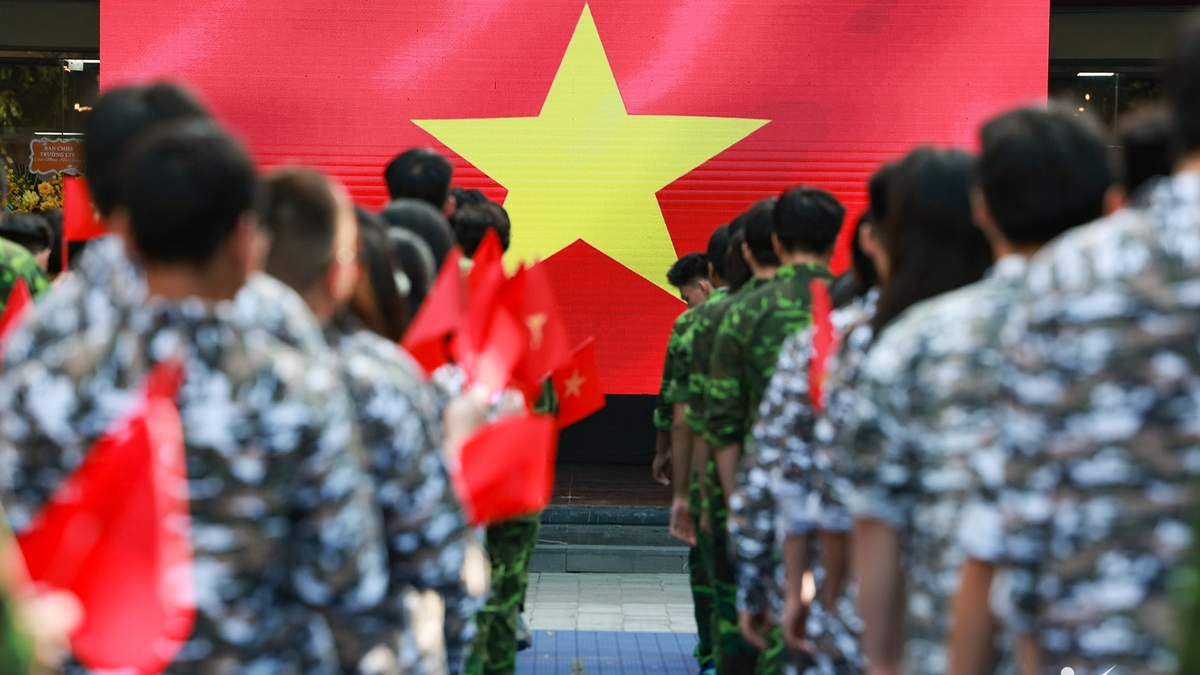
![[Photo] Opening ceremony of "Digital Citizenship - Digital School" and commitment to civilized behavior in cyberspace](https://vphoto.vietnam.vn/thumb/1200x675/vietnam/resource/IMAGE/2025/9/5/222ec3b8892f443c9b26637ef2dd2b09)





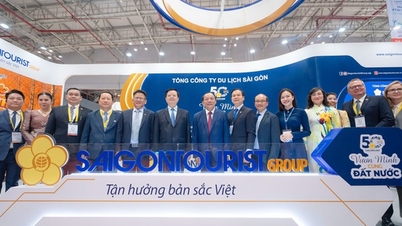

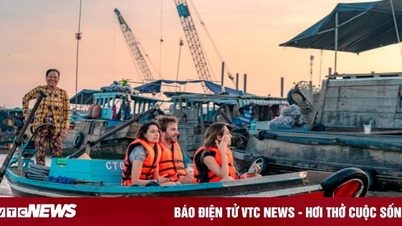

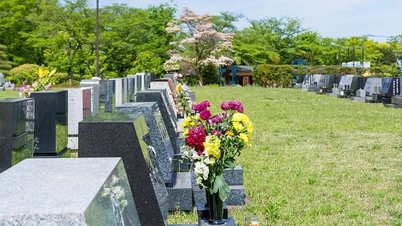
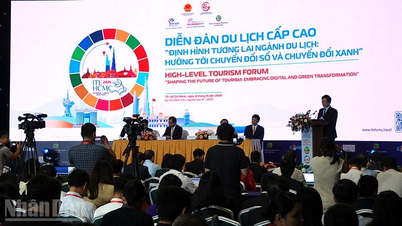

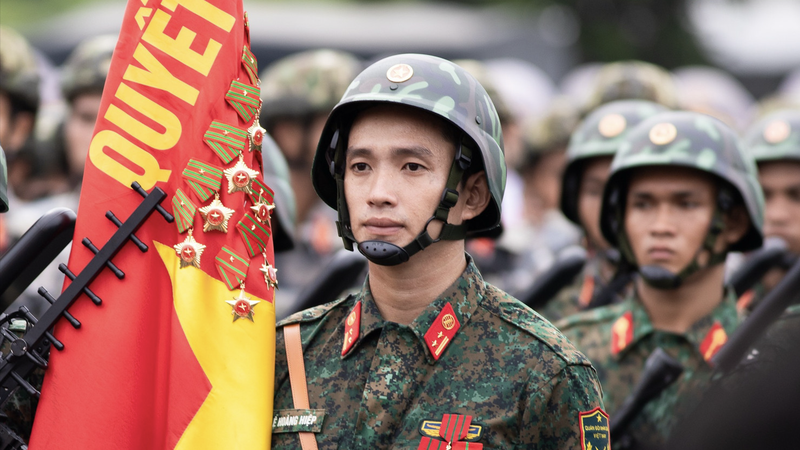
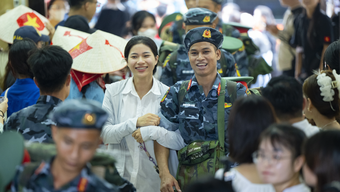

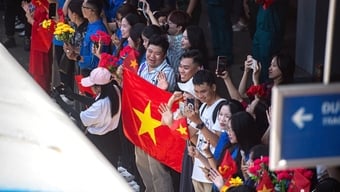
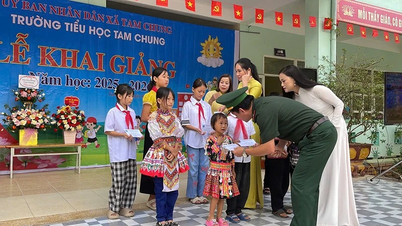
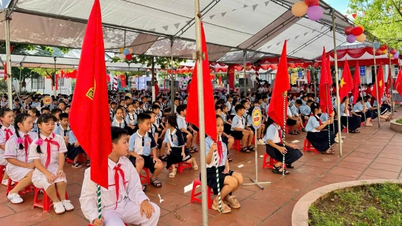

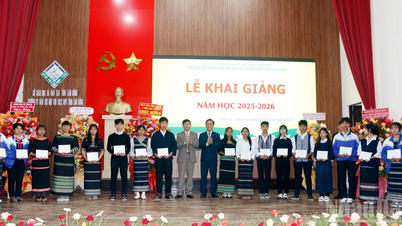
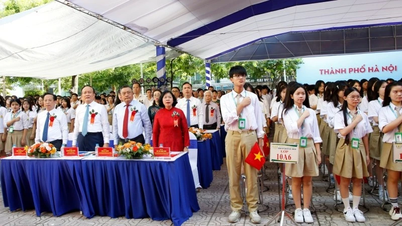
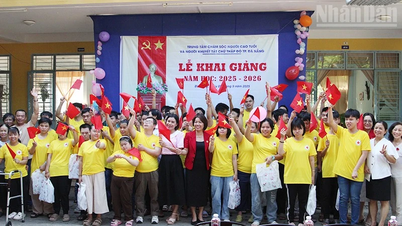
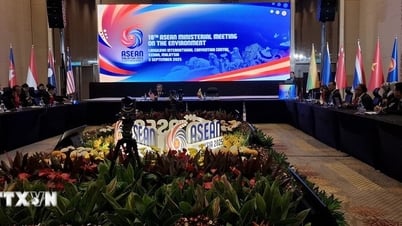

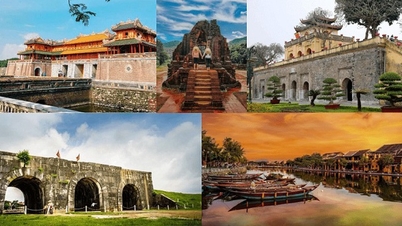

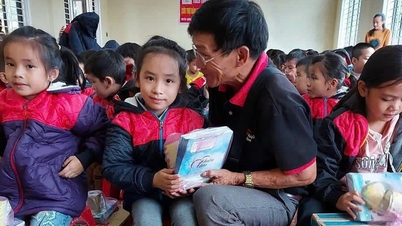



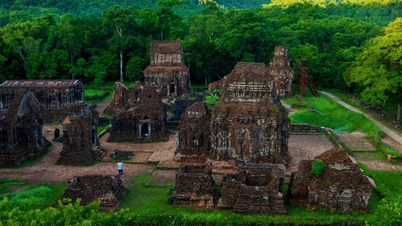

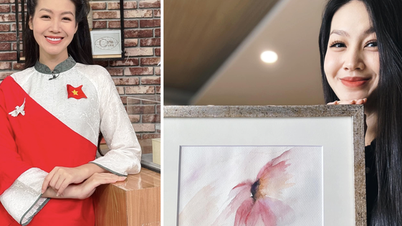





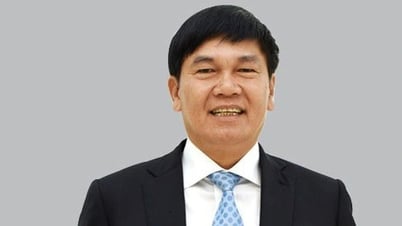












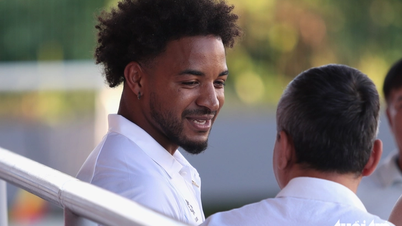
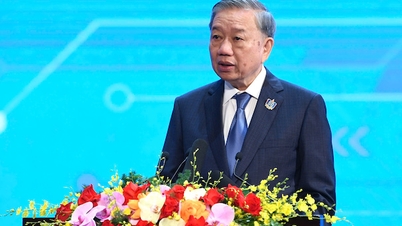

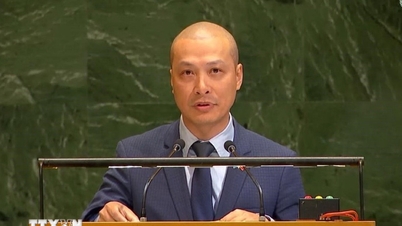

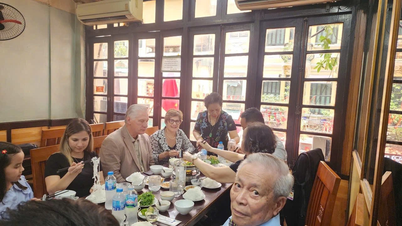


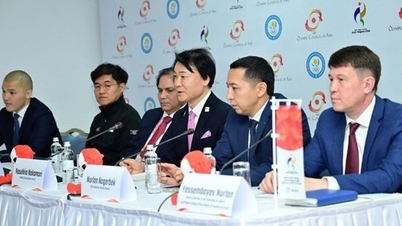

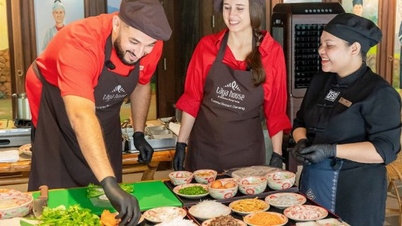



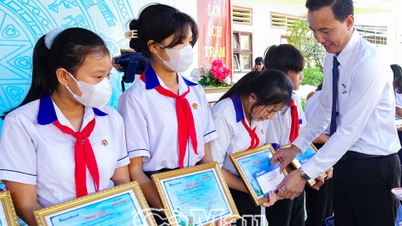


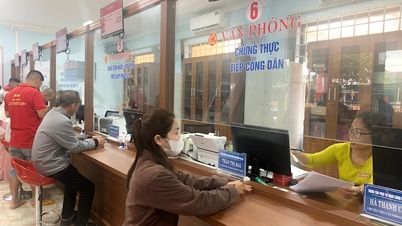




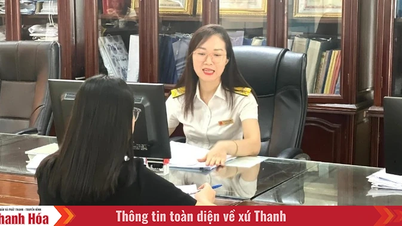

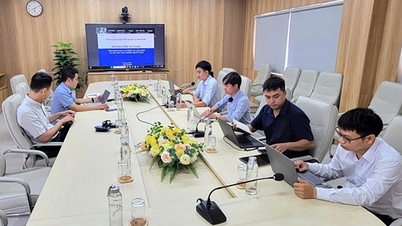




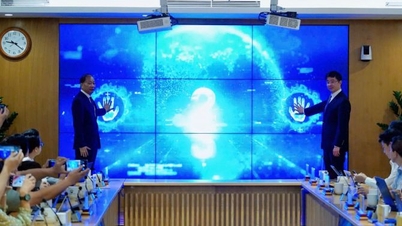
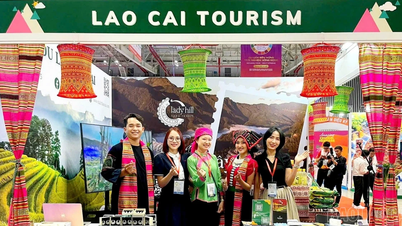





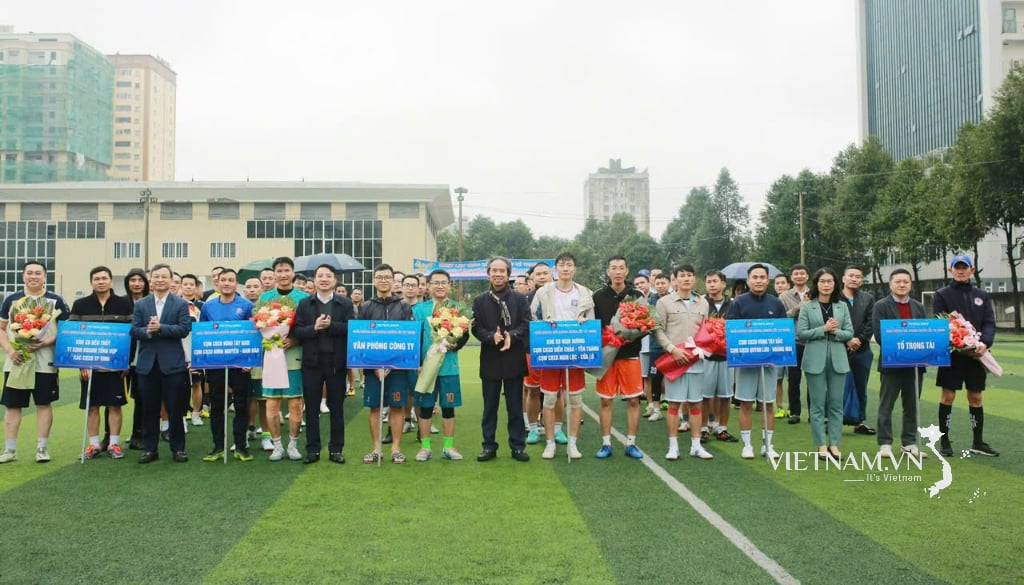
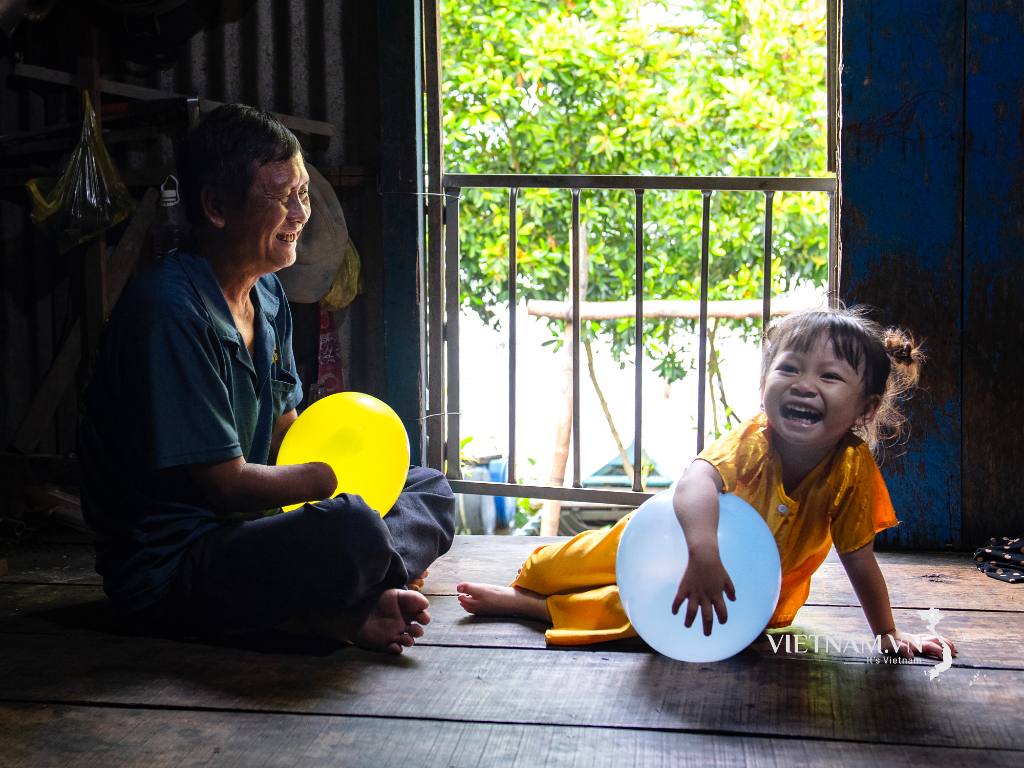

Comment (0)